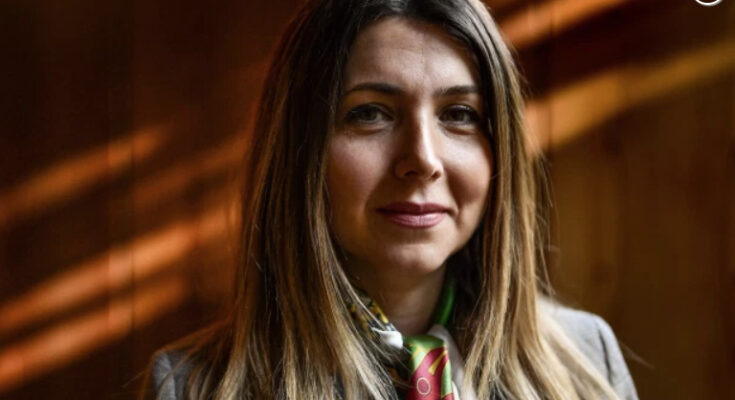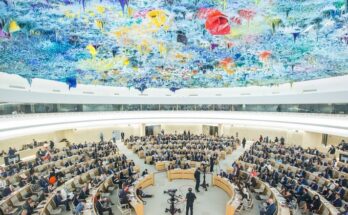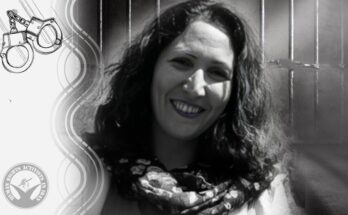By Emily Jacobs
Source: The New York Post
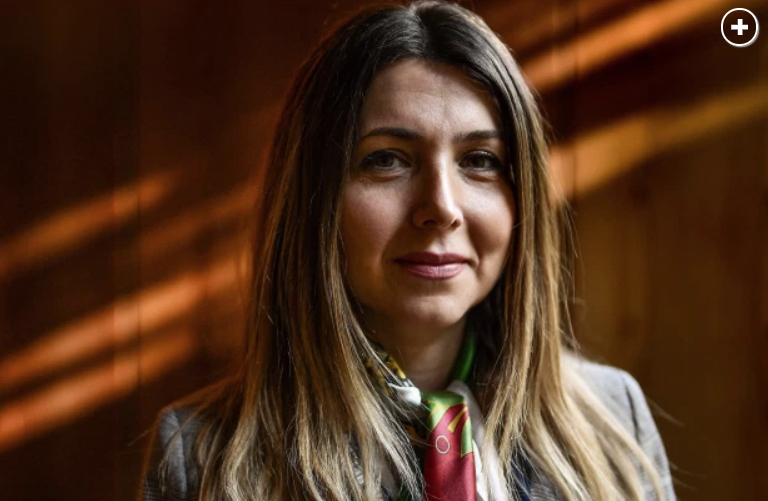
As Iran takes its seat on the United Nations’ top panel on women’s rights, former political prisoner Shaparak Shajarizadeh slammed the appointment in an interview with The Post, citing her experience in her home country as a warning to the international body.
Shajarizadeh, an Iranian women’s rights activist who fled the country in 2018 after being to prison twice, said not only has the country not “changed any misogynistic laws” since first working with the UN panel in 2010, but has “put more pressure on women’s rights activists, and in general on women.”
During her 42 years in the Islamic Republic, Shajarizadeh was arrested three times and actually sentenced to prison twice for protesting the country’s restrictive modesty laws requiring hijabs be worn by women when outdoors, in their cars or in any photos that appear on social media.
“I’m trying to be the voice of … my friends or other women inside [Iranian] prisons,” Shajarizadeh said before noting that her three arrests occurred “within three months” of each other.
The activist described her time behind bars, saying, “From the moment you get arrested, they do their best to break you.”
Shajarizadeh said she was only a victim of physical abuse once, saying she was “beaten up badly” for talking back to guards when their sexual harassment and taunting became too much to bare.
After that encounter, she said, she realized that “there’s no one there to help you because you’re not allowed to contact your lawyer or your family, and they keep telling you you’re alone and nobody’s here to help you. They try to wreck you.”
After the country’s 1979 Islamic Revolution, Iranian women were stripped of fundamental rights, some of which they previously had under the Shah.

Women are not permitted by the government to have certain jobs, and must remain covered in public as a result of mandatory headscarf laws.
Daughters are under the supervision of their fathers, and wives are to follow the orders of their husbands. This means not going outdoors without spousal permission.
Aside from being forced to wear hijabs and lacking basic freedoms, women in Iran have no laws protecting them from spousal abuse or forced marriages.
Federal law in Iran permits a 13-year-old to marry, and they require parental consent if the child is to be married any younger than that.
The flurry of regressive and dangerous policies make the country an odd choice to lead on women’s issues for the UN.
Last Tuesday, the UN’s Economic and Social Council elected Iran — along with China, Japan, Lebanon and Pakistan — to the Commission on the Status of Women, the principal team handling “the promotion of gender equality and the empowerment of women.”
China and Japan were already commission members, and last week’s vote marked their re-elections.
Iran had been elected to the body previously — in 2010 — but was not a sitting member when it was re-elected last week.
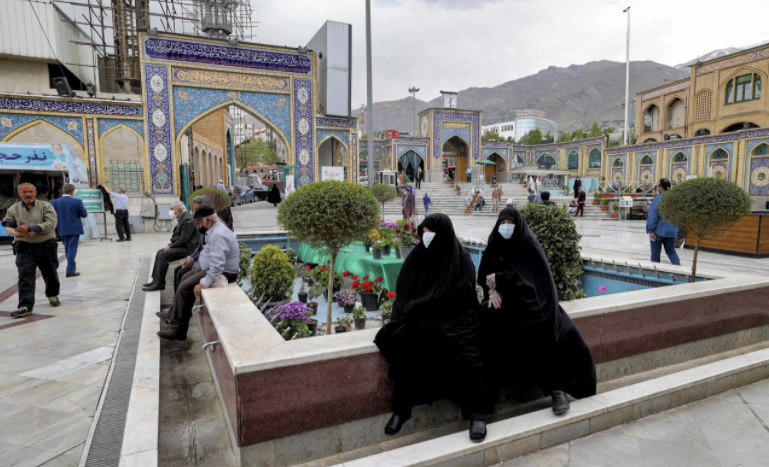
Shajarizadeh went on to say that she had received a considerable amount of positive feedback from other women’s rights activists around the world to her protest of Iran’s treatment of women.
“We don’t know which countries voted for Iran, but we’re gonna hold them accountable for this vote,” she pledged of the UN member states which voted to elect Iran to the council.
As for those working at the agency, just last month, Javaid Rehman, UN special rapporteur on human rights in Iran, slammed the nation’s treatment of women.
“[E]gregious gender-based discrimination persists in law, practice and societal attitudes, disempowering women and girls from participating and contributing in society,” Rehman said in his annual address to the Human Rights Council, noting “some positive steps” for Iranian females in education and other rights.

